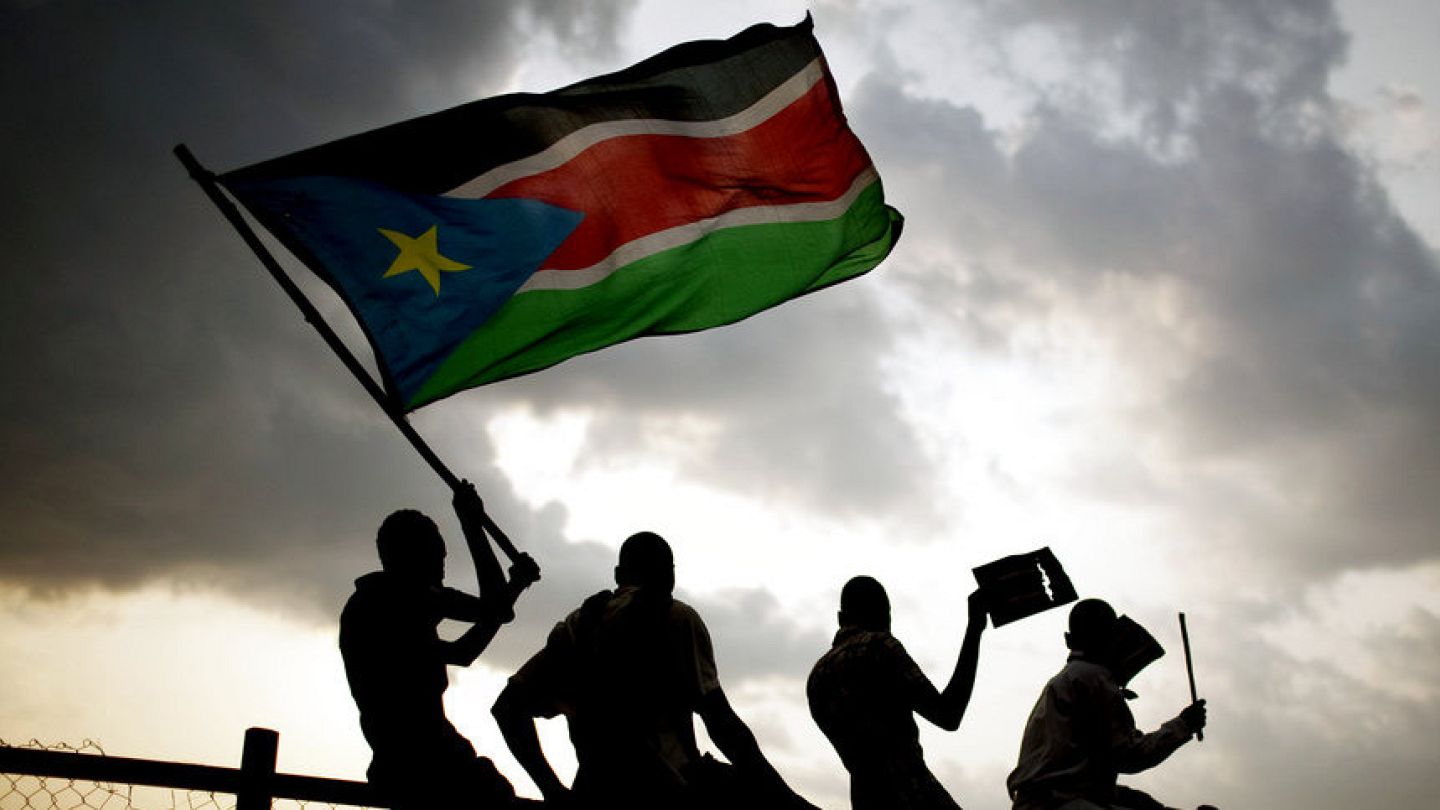The U.S. has canceled all visas for South Sudanese due to a deportation dispute.
The decision made by the Trump administration regarding the deportation dispute came at a time when fears of a renewed civil war were rising in South Sudan, where political tensions have escalated following recent acts of violence.
After the Trump administration criticized the African country for not accepting the "timely" return of its deported citizens, the U.S. is canceling all visas for holders of South Sudanese passports. U.S. Secretary of State Marco Rubio stated that the U.S. will also block entry for citizens of South Sudan, the world's youngest country. "When any country, including the U.S., wants to deport citizens of another country, that country must accept the timely return of its citizens," said Rubio, adding, "The transitional government of South Sudan has not fully respected this principle. It is time for the transitional government of South Sudan to stop benefiting from the U.S." This decision means that South Sudanese citizens could be sent back to a country where some analysts fear a return to civil war. South Sudanese citizens in the U.S. had been granted "Temporary Protected Status" (TPS) by the administration of former President Joe Biden, allowing them to stay in the country for a certain period. This status was set to expire on May 3. Since Trump returned to the White House on January 20, there has been a significant increase in anti-immigrant measures and sanctions, but this move marks the first time that all passport holders from a single country have been targeted. Following Rubio's statement, there was no response from the South Sudanese government, which has struggled to provide basic services since gaining independence from Sudan in 2011. Years of conflict have left the country of approximately 11 million people heavily reliant on aid, which has been significantly impacted by the Trump administration's extensive cuts to foreign aid. The political climate in South Sudan is fragile, and recent violence between government forces and armed opposition groups has heightened tensions, with some analysts emphasizing that civil war could return. The five-year civil war in South Sudan, which began in 2013, resulted in the deaths of 400,000 people and ended in 2018 with a peace agreement that brought President Salva Kiir and his long-time rival, First Vice President Riek Machar, together in a unity government. The power-sharing agreement signed between Kiir and Machar in 2018 halted the conflicts but was not fully implemented. Last month, the country's main opposition party announced that the agreement had collapsed following Machar's arrest on charges of inciting rebellion. At the end of March, UN Secretary-General Antonio Guterres called on regional and international leaders to prevent South Sudan from "falling into a chasm" and being dragged into a new civil war. Following the recent conflicts, some Western countries have closed their embassies in the country, while others, including the U.S., have reduced embassy staff.


